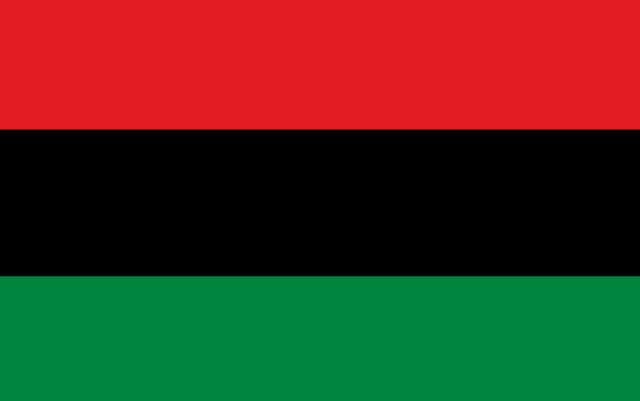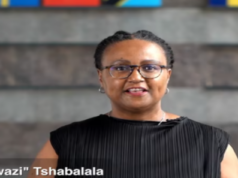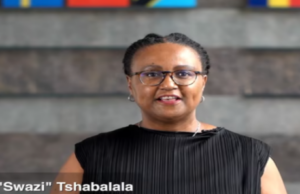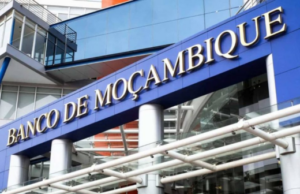
African countries with a clearly defined National Development Plan (NDP) have realized the targeted real Gross Domestic Product (GDP) growth in the recent years as compared to those who have given scant attention to that.
The African Governance Report 2019 establishes a correlation between a long-term national vision and a country’s economic growth. It says that countries, which have chalked out a long term strategy to achieve a sustained growth have accomplished the task, while those countries where planning process was a casualty have remained as laggards.
The report was released in Kenya’s Capital, Nairobi on December 10. The report has attempted to measure growth on the continent against five parameters viz. economic performance, human development, peace and security. The report has to be seen as an organized attempt to assess the preparedness of the continent to achieve the African Union’s Vision 2063. Having a combination of goals including economic, political, social, gender equality etc, the agenda envisions an inclusive society driven by Africans, where leadership of women and youth are underscored.
The Governance Report notes that of the 54 countries in the region, 46 have clearly defined long term national vision. These countries have shown progress in their development efforts measured in terms of GDP. The remaining eight are either facing conflicts in their democratic systems or slowly coming out of it. However, the report stressed that socio-economic development in general has been a weak point, among the five benchmarks used for measuring the status of development of the region.
The other salient feature of the report is that its revelation that the real GDP growth in South and Central Africa is not as inclusive as in the North and East because of the economic inequalities. Also, the report points out the difficulties in measuring the inclusivity through per capita income method because of the huge differences in income. The rich minority can tilt the average putting the majority disadvantaged people in a spot.
Another important finding of the report is the overlapping of the eight regional trade blocs and how it is adversely affecting the formation of a single bloc on account of the pluralistic affiliations and the inherent contradictions. The report strongly pleads for the need for each bloc ratifying the continental free trade and aligns their development agenda with the overall objective of African Union 2063, so that they become building facilitators towards the overarching Agenda 2063.
Coming heavily on the recent trend of procurement of armaments by some African countries, the report is skeptic about the lack of vision in that pursuit and says that it would negate the avowed objective of peace and security to be achieved in the continent by 2020. It is most disheartening to note that while2020 will be dawning in the continent only a few weeks from now, some of the African countries are hell bent to stockpile armaments and displaying their armory, which the report points out is a clear separation between what Africa wants and Africa is slipping into.











